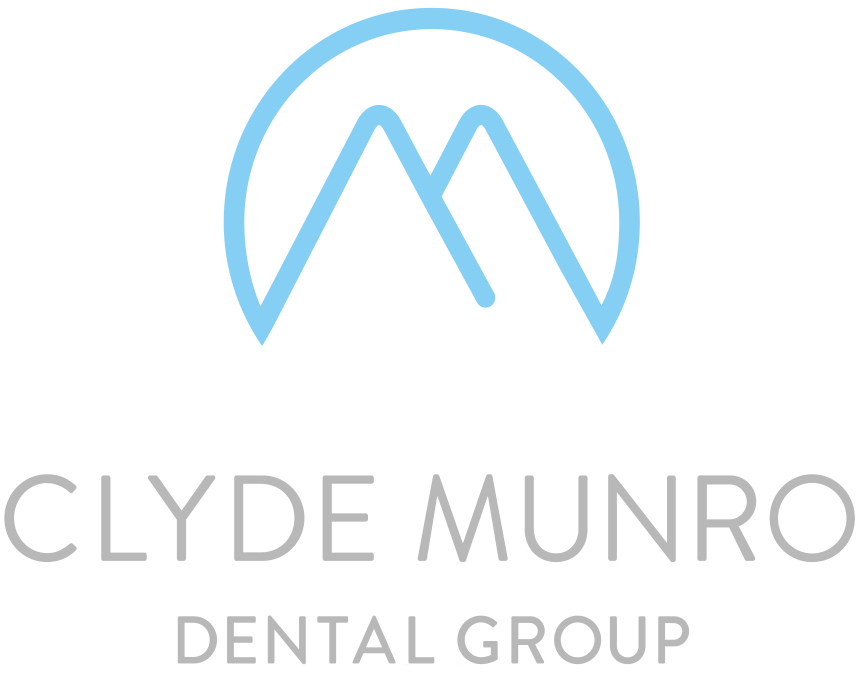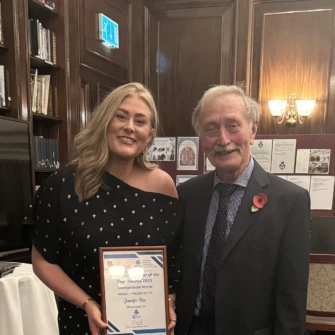Why It Is Important To Maintain Good Oral Hygiene For Overall Health
A Brighter Smile Starts With Better Oral Health
Published: 29 March 2024
“Dental disease is almost entirely preventable, so it makes absolute sense to focus our future policy direction on designing a system that encourages a more preventive approach to oral health care for patients of all ages.”
Scottish Government Oral Health Improvement Plan | 24 January 2019
How You Can Maintain Good Oral Hygiene For Overall Health
Scotland’s Childsmile programme is a shining example of successful preventive care. By incorporating supervised toothbrushing in nurseries and schools, Childsmile has demonstrably reduced childhood tooth decay.
Educating and helping your children establish a regular routine is imperative to establishing a lifetime of good oral hygiene. Unfortunately, adolescents are less likely to clean their teeth correctly, missing key surface areas and even entire teeth.
We know that prevention is the most effective way to maintain a healthy smile and improve overall oral health. And whilst it’s always beneficial to have regular checkups with your local dental practice, there is a lot you can do between visits to help maintain and elevate your beautiful smile. You may even encourage those teenagers in your life to adopt better habits.
Top 5 Tips For Healthy Teeth, Gums and Mouth
- Brush twice a day for two minutes: Use fluoride toothpaste and focus on all surfaces of your teeth, including the tongue. Ensure that both brush and toothpaste make contact with the entire exposed surface of the tooth, including the biting surfaces, front and back, top and bottom.Once you have finished cleaning, clear your mouth with one final spit, but despite the temptation, do not rinse. Rinsing removes some of the fluoride you’ve just applied to the surface of your teeth.
- Floss daily: Reach between all your teeth to remove plaque and food particles. The benefits of flossing daily cannot be overstated. Not only does it help keep your teeth clean and your breath fresh, but it could help reduce the risk of gum disease.It may not be the most straightforward process to start with, and you may even find your gums bleed a little during your first few attempts. Stick with it. Your teeth and gums will thank you for doing so.There are options beyond the traditional flossing thread most of us are used to. Some find it easier to use a flossing pick, flossing tape, or even a water flosser. It’s not so much which method you opt for as ensuring that flossing becomes an everyday part of your teeth-cleaning routine.
- Use mouthwash: Ideally, use a mouthwash that contains fluoride, as this will not only freshen your breath but can help prevent tooth decay. Despite any previous or current habits, mouthwash should not be used straight after brushing your teeth. As with a final rinse (which should also be avoided), using mouthwash straight after simply washes away the fluoride you’ve just applied. Consider using mouthwash after meals or any other time other than when you’ve just cleaned your teeth.
- Eat a healthy diet: Limit sugary drinks and processed foods and choose fruits, vegetables, and whole grains. Sugary drinks and processed foods are significant contributors to tooth decay. Ensuring healthy snacks are available throughout the day helps establish good dietary habits, supporting our dental health and overall well-being. In addition to what you eat, staying hydrated is crucial in maintaining dental health. It helps wash away food particles and bacteria throughout the day and stimulates saliva production, which in turn helps keep your mouth healthy. And it should go without saying, but kick the tobacco habit. The use of tobacco products heightens your risk of gum disease and mouth cancers. If you need help or support in quitting, visit NHS Inform.
- Schedule regular dental checkups: Aim for a checkup and cleaning at least once a year or more often if your dentist recommends it. If you’re not registered with a dentist, visit our website to find your nearest practice, as well as information on charges and receiving help for dental costs.
Are You Brushing Your Teeth Correctly?
Brushing your teeth for 2 minutes twice a day was our first top tip for a reason. But are you brushing correctly? Could your technique be better?
- Angle The Brush
Tilt your brush at a 45-degree angle so the bristles get right up against your gum line. - Short Strokes
Use gentle back-and-forth strokes covering the width of one or two teeth at a time. Remember, the technique you’re looking for is to brush your teeth. Do not scrub them (brushing too hard); this can wear the enamel and damage your gums. - Systematic Brushing
Brush all surfaces of your teeth, including the outer surfaces, inner surfaces, and chewing surfaces and don’t forget the back of your front teeth. - Don’t Neglect Your Tongue
Gently brush your tongue to remove bacteria and help freshen your breath. - Don’t Rinse
Rinsing removes the concentrated fluoride in toothpaste, as does using mouthwash as part of your ‘teeth brushing’ routine. Once you have finished, simply give one final spit. The only thing that requires rinsing is your toothbrush. - Brushing Timers
Consider using a timer to ensure you adhere to the recommended two minutes or playing a song you know lasts two minutes exactly.
There are no shortcuts. Whether you use a traditional toothbrush or an electric toothbrush, you need to brush for 2 minutes twice a day.
Keep Those Scottish Smiles Shining
At Clyde Munro Dental Group, we share Scotland’s commitment to exceptional oral health. We offer a full range of preventive and restorative dental services with a dedicated team of experienced dentists and hygienists.
We encourage everyone to schedule regular dental checkups, embrace good oral hygiene practices, and make healthy dietary choices. By working together, we can ensure Scotland continues to smile brightly.
If you enjoyed this blog, you might also enjoy:





